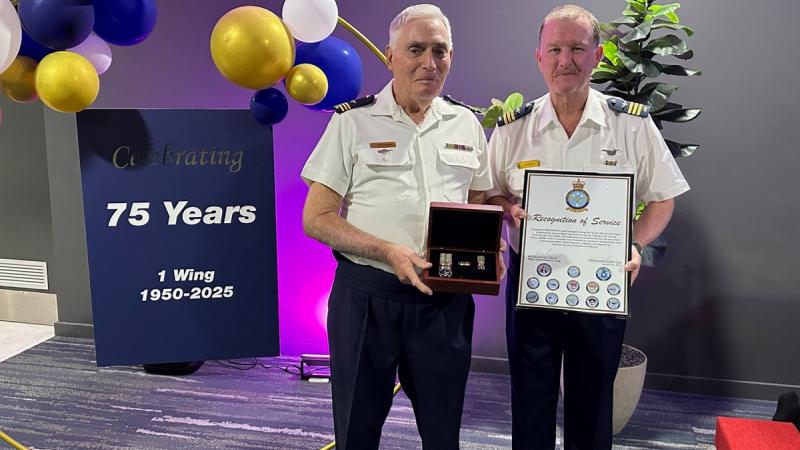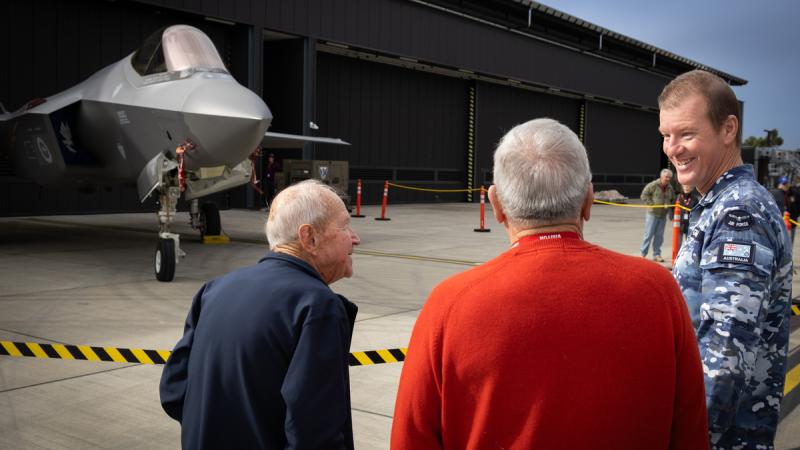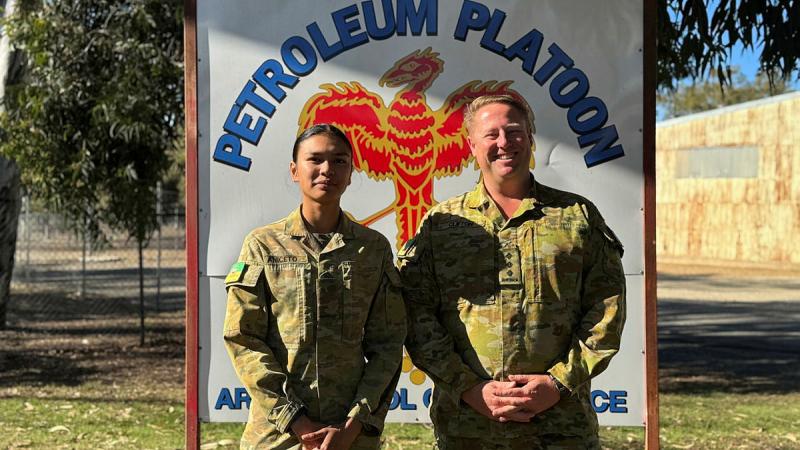12 August 2024
Major Emma Palmer thinks there’s something special about East Arnhem Land.
The Army nursing officer worked at Gove District Hospital in Nhulunbuy – the main town in the East Arnhem region – between 2010 and 2014.
Despite leaving 10 years ago, part of her has remained with the red dirt and verdant bush.
“I didn't realise how much the heart gets stuck here,” she said, as she looked around.
She had returned for Exercise Predator’s Run as one of eight 2nd Health Brigade personnel bolstering the hospital’s capabilities to cater for the large number of soldiers in the area in July.
During Army’s biggest training exercise for the year, soldiers deployed across the Top End from Nhulunbuy to Darwin.
The 2nd Health Brigade team included an anaesthetist, general surgeon, orthopaedic surgeon, emergency physician and perioperative and emergency nurses.
It was the first time Army embedded specialist personnel in a civilian hospital to support an exercise.
Major Palmer hardly recognised her old stomping ground. In the decade since she had left, the emergency department at Gove District Hospital was rebuilt and a satellite university campus has opened next door.
Major Palmer said there were now more health discipline students and professionals than ever.
Servicing some of the most remote communities in the NT, staff at Gove District Hospital provide medical, surgical, paediatric, respite and maternity services.
Critically ill patients may be transferred to a larger facility for specialist treatment, such as Royal Darwin Hospital.
When Major Palmer returned from a deployment to Afghanistan in 2009, she found it difficult to integrate back into civilian life.
Leaving a routine job at the Coffs Harbour Health Campus, she started doing contract work to “do more” with her nursing skills, even returning to Afghanistan.
It was her close friends who led her 1000km from Darwin to Nhulunbuy.
What she found was a “different world of medicine from mainstream Australia”, according to Dr Rajendra Pillay, Director Medical Services, East Arnhem Region, NT Health, who came to Nhulunbuy soon after Major Palmer left.
Dr Pillay’s clinical background is as a rural generalist – a medical professional who provides a broad and extended scope of work, designed to meet the needs of rural and remote communities in Australia.
“To provide best practice care, it’s important we build trust with our patients before building any therapeutic engagement.”
Dr Pillay has lived and worked in the East Arnhem region for almost 10 years.
Like Major Palmer, he was motivated to make the move for a tree change and to contribute to remote health care.
“We tend to see patients with complex and chronic medical conditions who often present with acute complications – conditions you may not normally see in mainstream Australia,” Dr Pillay said.
“To provide best practice care, it’s important we build trust with our patients before building any therapeutic engagement.”
About 73 per cent of the East Arnhem region’s population are Aboriginal and Torres Strait Islander.
“Indirect conversations about Country and family, often through an interpreter, are effective means of establishing an understanding of where someone is from and their circumstances, prior to taking steps to make any specific diagnoses,” Dr Pillay said.
“It's a very different way of how one would engage with a patient in this part of Australia.
“There are a range of protocols and sensitivities to be considered to ensure care is culturally safe and appropriate.”
This was the case with Captain Kevin Lai, an emergency physician, when he treated his first Indigenous patient at Gove District Hospital.
The senior emergency physician found himself asking ‘where are you from?’ rather than ‘why are you here?’
“We talked about family and she started to relax a little. I thought we connected and could communicate,” Captain Lai said.
“Her interpretation of her relationships worried her and gave her symptoms – that’s why she came to hospital.
“I was able to provide reassurance. Some investigations and she was well enough to be discharged. It was fascinating and so different to practising in Sydney or Melbourne.”
Major Palmer said the experience provided personnel with a greater understanding of how health care was delivered in remote settings.
“We often talk about Army being the pinnacle of understanding health in remote conditions, but these guys live it every day,” Major Palmer said.


